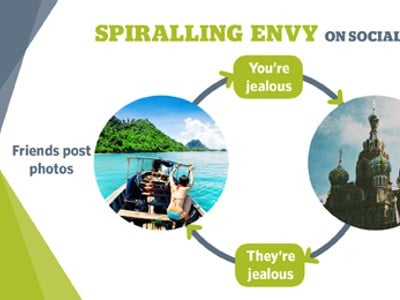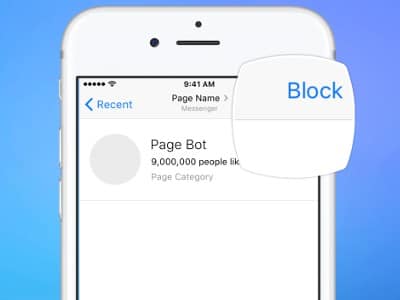Facebook envy is making people depressed, says UBC study

 Facebook envy. Ever felt it?
Facebook envy. Ever felt it?
A new study published by a team working out of UBC’s Sauder School of Business has found that social media postings on Facebook enable a vicious circle of jealousy and self-importance driven by envy, which in turn leads to a decrease in mental well-being among users.
“Social media participation has been linked to depression, anxiety and narcissistic behaviour, but the reasons haven’t been well-explained,” explains Sauder Distinguished Professor of Information Systems Izak Benbasat. “We found envy to be the missing link.”
The study, co-authored with Benbasat, Hanna Krasnova, Thomas Widjaja, Peter Buxmann and Helena Wenninger and entitled “Why Following Friends Can Hurt You: Empirical Investigation of the Effects of Envy on Social Networking Sites”, appears in the current issue of Information Systems Research.
The researchers surveyed 1,193 Facebook at a German university.
Questions include, “In my communication on Facebook, I tend to… a) …post only things showing my best side. b) …share posts/photos showing me as a happy person. c) …show positive feelings when posting something.”
According to the study, envy pushes Facebook users to feel that their lives are unfulfilling in comparison to others, and to react by crafting posts that put their best selves on display.
Travel photos are one of the main drivers of envy, says Benbasat.
“Sharing pictures and stories about the highlights of your life – that’s so much of what Facebook is for, so you can’t take that away,” he said. “But I think it’s important for people to know what impact it can have on their well-being. Parents and teachers should take note as young people can be particularly vulnerable to the dark side of social media.”
Mr. Benbasat cannot be said to be anti human-computer interaction, as that’s his area of specialty, particularly the design of “web-based interfaces to facilitate business-to-consumer electronic commerce”.
A Pew Research Paper from 2011 painted a relatively more sunny picture of the effect of social networking on people’s lives.
However, that was a full year before Facebook figured out how to pivot from its role as a profitless community billboard into an incredibly successful marketing platform for monetizing user data.
A more recent article asserts that the rise of “clicktivism” is almost uniformly bad for real-world political engagement, letting internet users off the hook after clicking their support for this or that cause while nothing concrete actually happens.
The same article contends that door-to-door political campaigning and phone calls remain a far more effective vehicle for increasing political engagement than online slacktivism.
As bad as Benbasat’s study sounds for human mental health, it may be great for business. Peer pressure, social anxiety and low self esteem are proven drivers of consumerism. The difference between the age of social media and previous generations is a question of scale and ubiquity.

Terry Dawes
Writer


